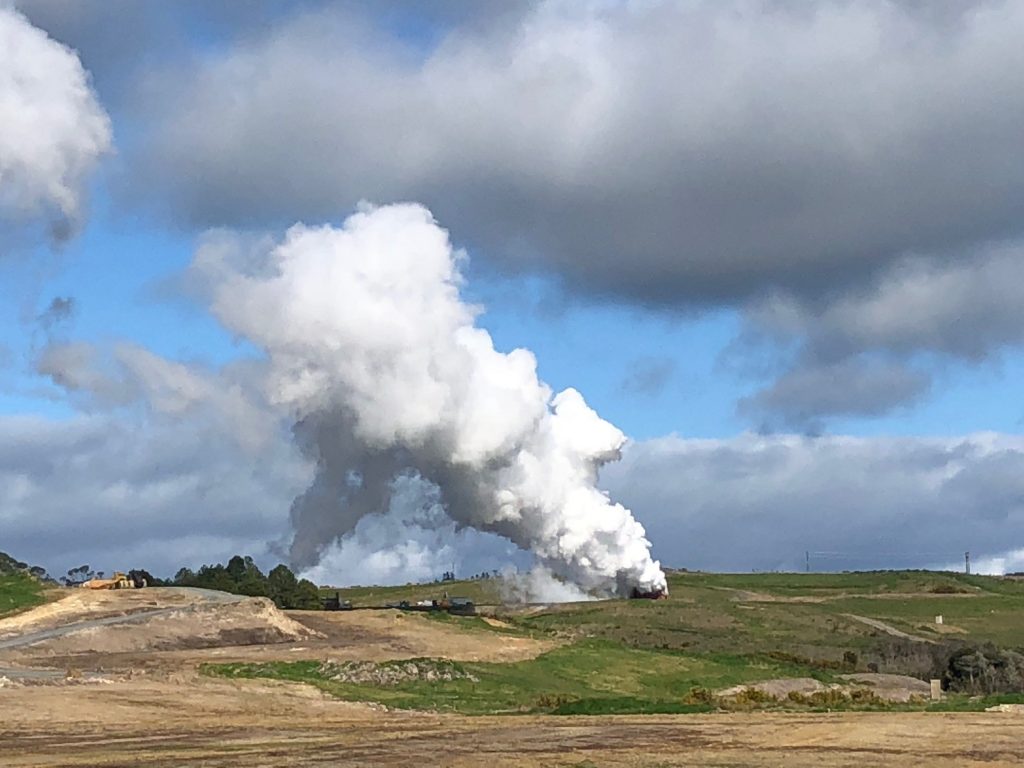Joint German and Spanish research project to explore super-hot geothermal systems
Under a new project, called HIGHER (co financed by Germany and Japan), German TU Bergakademie Freiberg, the Helmholtz Centre for Environmental Research (UFZ) and Spanish Consejo Superior de Investigaciones Científicas (CSIC) will be researching super-hot geothermal systems.
In a release this morning, German Technical University, TU Bergakademie Freiberg a, the Helmholtz Centre for Environmental Research (UFZ) and Spanish Consejo Superior de Investigaciones Cientificas (CSIC) will explore volcanic areas as a sustainable, renewable energy energy source.
The study examines so-called super-hot geothermal systems. They are a new form of deep geothermal energy and can often be found in volcanic areas. The technology is particularly interesting because of its potentially high energy yield, which exceeds conventional systems by a factor of ten. However, research is still in its infancy and faces major scientific and technological challenges. It is also unclear how such systems will behave over economically interesting periods of time and whether they can be operated safely.
The TU Bergakademie Freiberg, the Helmholtz Centre for Environmental Research (UFZ) and the Consejo Superior de Investigaciones Científicas (CSIC) in Spain have now taken a first step towards researching these systems with their HIGHER project (financed by the German Research Foundation and the Japan Society for the Promotion of Science).
In various experiments, they have analysed for the first time how the return of cold water to the depth, the increase in pressure and the cooling of the rock and thus the earthquake activity (seismicity) are affected. A basic understanding of induced seismicity in deep geothermal applications is essential for the safe and sustainable use of geothermal technology.
Using state-of-the-art computer simulations based on the OpenGeoSys software developed by the researchers themselves, they have for the first time described the complex physical processes in the Earth’s crust and gained important insights into how supercritical geothermal systems can be operated safely in the future in order to develop a clean and sustainable renewable energy source.
OpenGeoSys is an open source research platform that is managed by the UFZ in cooperation with various universities and research institutions. The TU Freiberg and the UFZ intend to further expand their cooperation in the field of environmental geosciences in the future.
The scientists have published the results in a study that was also published in the renowned scientific journal Nature Communications on 26 September. To the scientific article: https://www.nature.com/articles/s41467-019-12146-0.
Source: Release by TU Freiberg


















